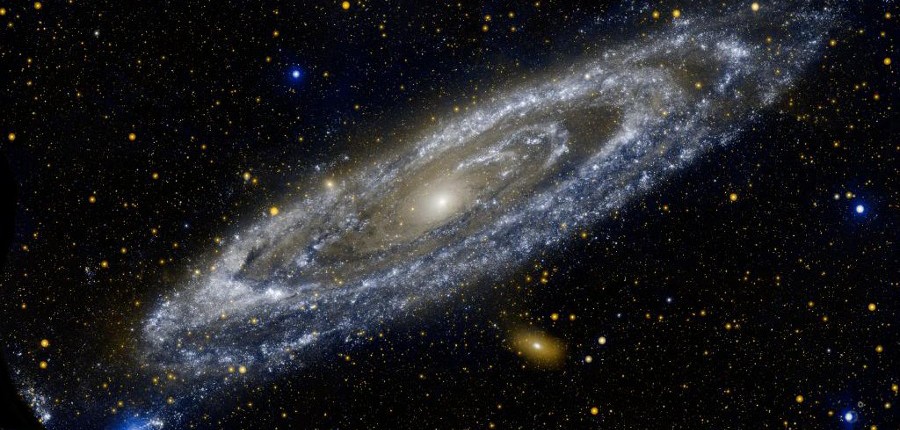It’s a strange world out there if you are a mathematician, especially if you happen to believe that mathematics is not merely a tool that scientists can use to build models of reality but a transcendent form of knowledge that underlies reality itself. To such a person, reality is nothing like the world that presents itself to us through our innate and extended senses. For such a person, the Platonic view holds sway and humanity observes only the shadows cast on a cave wall by a hidden reality that is forever beyond our perception.
Except, of course, the mathematicians who believe that also believe themselves to have a special ability to peer deep into that hidden reality and to report back on the Truth that underlies all. This belief, in turn, rests on the belief that mathematics itself forms the basis of reality.
What this boils down to is that there exists within the formal scientific culture a cult-like, secular belief system that lacks any empirical basis. This belief system is not, itself, an endemic feature of either mathematics or science but it is nonetheless a widely held view in the mathematical and scientific communities and it is the context within which science is now done.
The invisible world of these true believers, illuminated only by the mystical light of mathematical reasoning, harbors multiverses and branes and infinitely branching universes, singularities and quarks and Higgs bosons. It is a realm where invisible space is curved by invisible matter and expanded by invisible energy.
It is a realm beyond mundane reality; it is the realm of the human imagination unfettered by the constraints of physical reality. Call it mathematicism and its practitioners mathematicists.
Science is, at its most fundamental, the study of that which can be observed and measured, and it is just that restriction to the empirically bounded world that accounts for science’s unprecedented success. Empiricism differentiates science from all other philosophical disciplines, including mathematics.
Absent the constraint of empiricism, science does not exist. In science, there can be no assumed truths, only provisional hypotheses which must ultimately be borne out by empirical evidence or cast aside.
Mathematics has no empirical constraint. It is a logical discipline bounded only by the constraint of logical consistency. In math, one begins with axioms and postulates which are true by definition and from there a mathematical structure or argument can be derived. Clearly, mathematics cannot be said to be a science and the doing of math is not the same as the doing of science.
However, over the last 100 plus years, the mental habit of mathematicians to assume the truth of their axioms and postulates has infiltrated science, at least on the cosmological and quantum scales, and provisional hypotheses have now become fixed beliefs. The result has been two theoretical models that do not at all resemble, in their particulars, the physical reality they purport to describe.
Those two models are the standard model of particle physics, derived from quantum theory, and the standard model of cosmology, Lambda-CDM (commonly known as the Big Bang Theory). Both models can be said to be mathematically self-consistent but each presents a physically incoherent or unrealistic picture of the reality we actually observe and measure.
In essence, science has gone from being an independent, empirical discipline that makes use of mathematics as a modeling tool, to being a wholly controlled subsidiary of theoretical mathematics. Scientists no longer do experiments on the quantum scale, or make observations on the cosmological scale, that constrain the shape of mathematical models.
Instead “researchers” are sent to scour the inner and outer edges of the observable cosmos for inferential evidence of proposed entities and events that lie far beyond the realm of the directly observable, which is to say beyond the realm of science. Science has a math problem.
